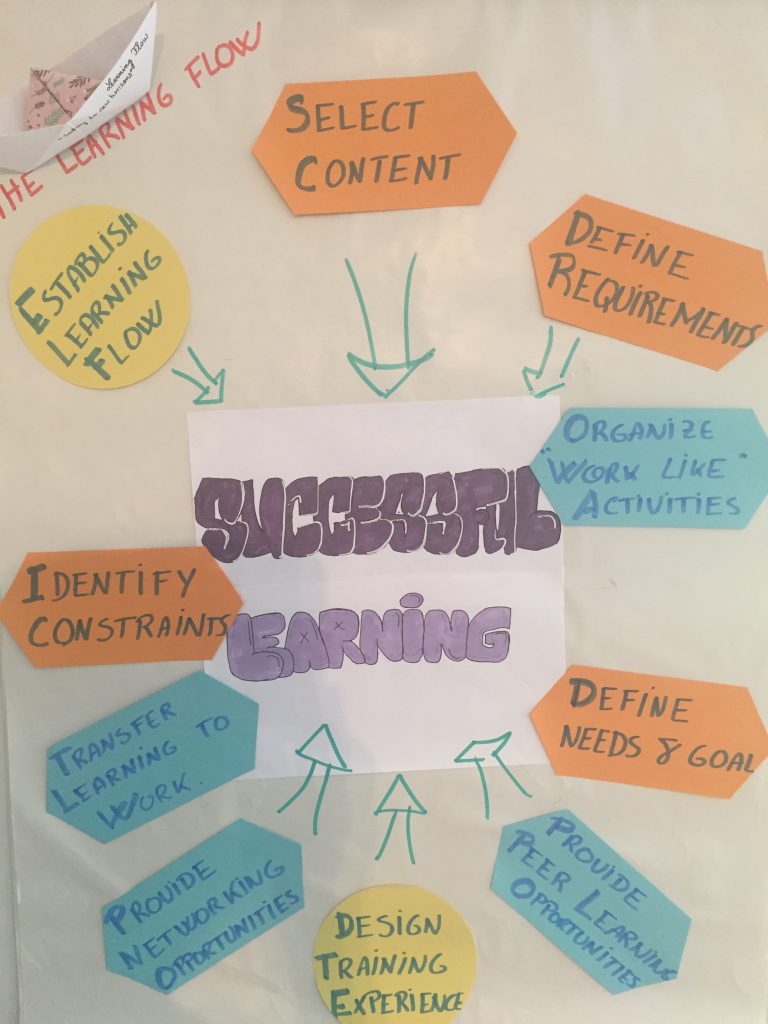 Constructing adult learning experiences, both for online or in classroom settings has often been about defining and delivering a curriculum. However, catering for a successful learner experience requires much more. The full course of action, usually named Instructional Design, involves:
Constructing adult learning experiences, both for online or in classroom settings has often been about defining and delivering a curriculum. However, catering for a successful learner experience requires much more. The full course of action, usually named Instructional Design, involves:
- At a strategy level: Identifying the needs and goals of the learners and their organisations, defining the requirements, identifying the constraints and selecting the content of a training program;
- At a development level: Designing the training experience and establishing the flow of the learning process by organising the program requirements in ways that suits the learner best;
- At an implementation level: Providing opportunities, including work like, peer learning and networking activities, to help learners successfully transfer new learning towards their professional context.
The ultimate goal is for learners to establish behaviours and implement competencies that make their work and their organization more efficient and effective.
